Introduction:
Attention deficit hyperactivity disorder (ADHD) is a medical condition that is on the increase in civilised societies today. The strain of maintaining focus and the struggle to sit still makes this condition a real challenge, not only to the person who has it, but also to parents, carers and teachers as well as employers, friends and other family members.
Anxious ADHD is a type of ADHD that has all the symptoms of the classic ADHD (inattentive, disorganised, distractible, restless, hyperactive and impulsive) in conjunction with many other symptoms of high anxiety (tension, nervousness and predicting the worst) and other physical stress symptoms such as gastrointestinal symptoms and headaches. This type of ADHD may or may not be hyperactive.
Ironically, the harder those with ADHD and anxious ADHD try to concentrate, the worst things can become. This is because as the person tries to focus, the regions of the brain involved with concentration, focus and followthrough actually shut down, instead of turn on.
The good news is that ADHD and its anxious symptoms can be effectively treated. Happily, effective treatment does not change the personality of the person with ADHD; it simply removes the barriers that are hindering them from accessing their unique talents and abilities.
Unfortunately, however, less than half of those with ADHD are being treated while many remained undiagnosed. If left untreated or ineffectively treated, ADHD can become a serious societal problem.
In the last two and a half years, I have met and spoken to over 13,000 people in a variety of conference and workshop settings, including for educational institutions, non-for-profit groups, private organisations and the general public.
Meeting with attendees from all walks of life have led me to realise how common and widespread ADHD and anxious ADHD is today. My own research on the subject has also given me many reasons to believe that much can be done to help bring more understanding to people with ADHD, as well as their parents and caregivers. Indeed, not only understanding, but effective treatment to help manage the condition.
You are the inspiration for this workshop. Among the insights into the condition, you will find ideas and recommendations to help transform anxiety in ADHD.
My hope is that you find the contents of this event both helpful and life changing.
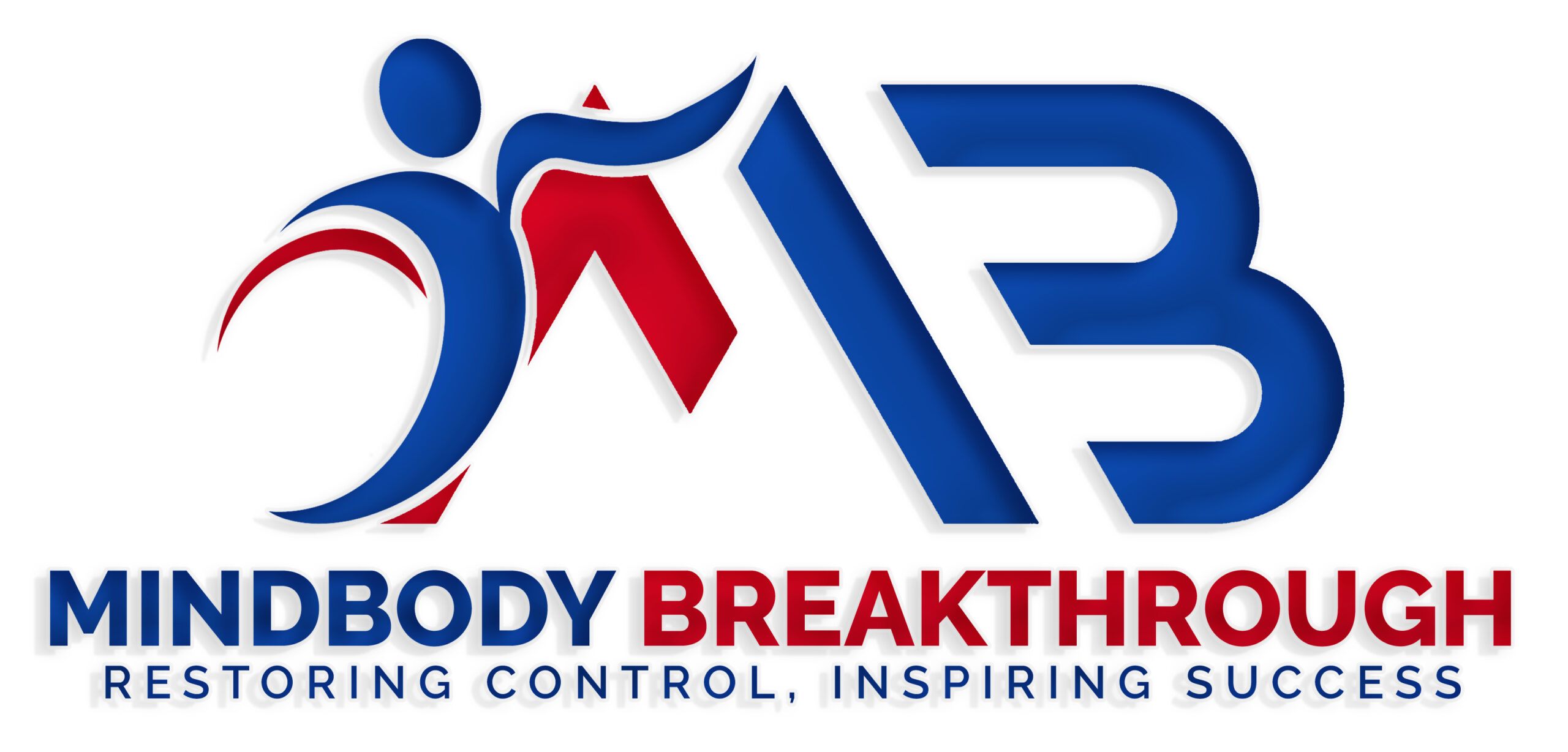
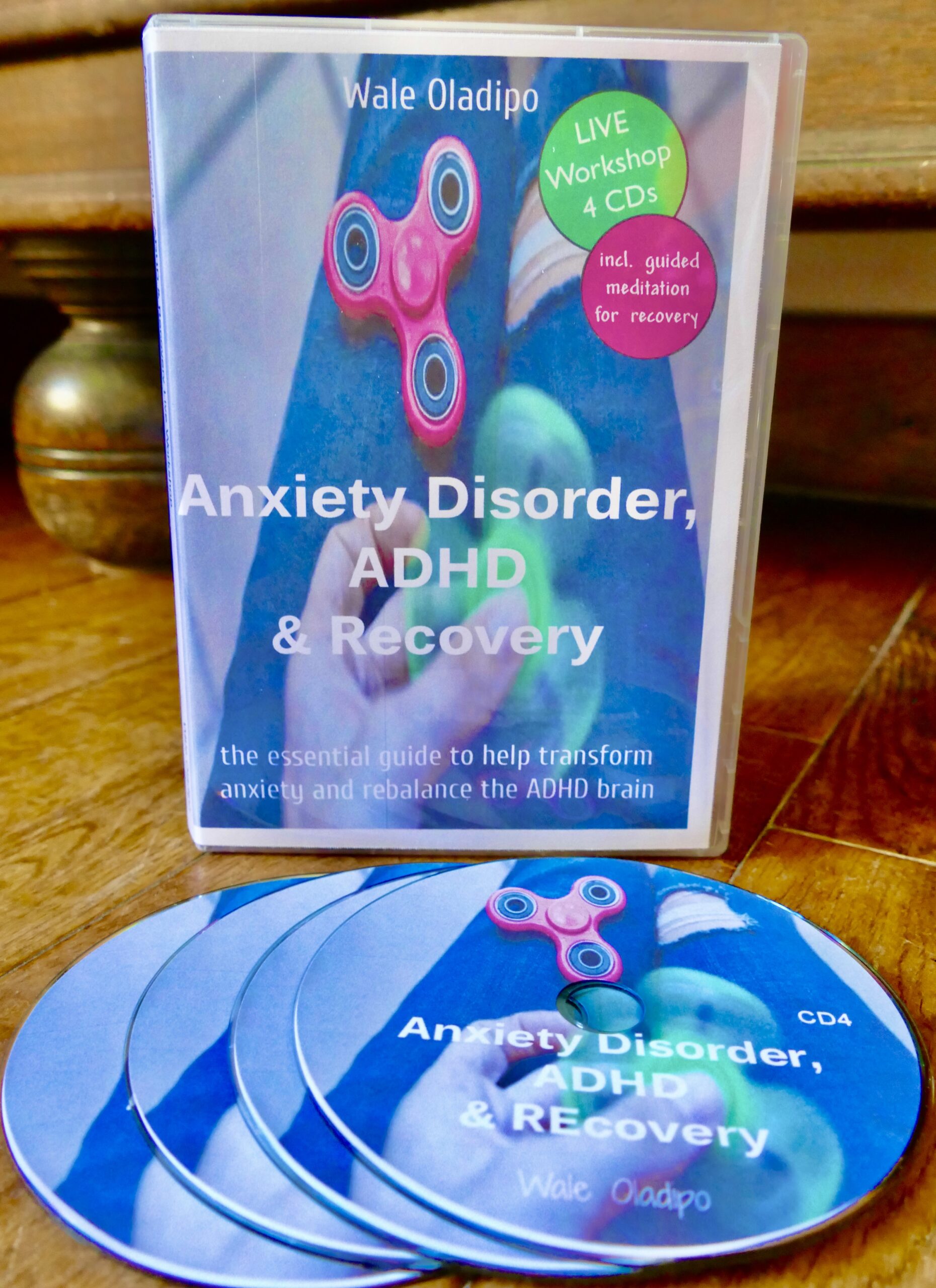
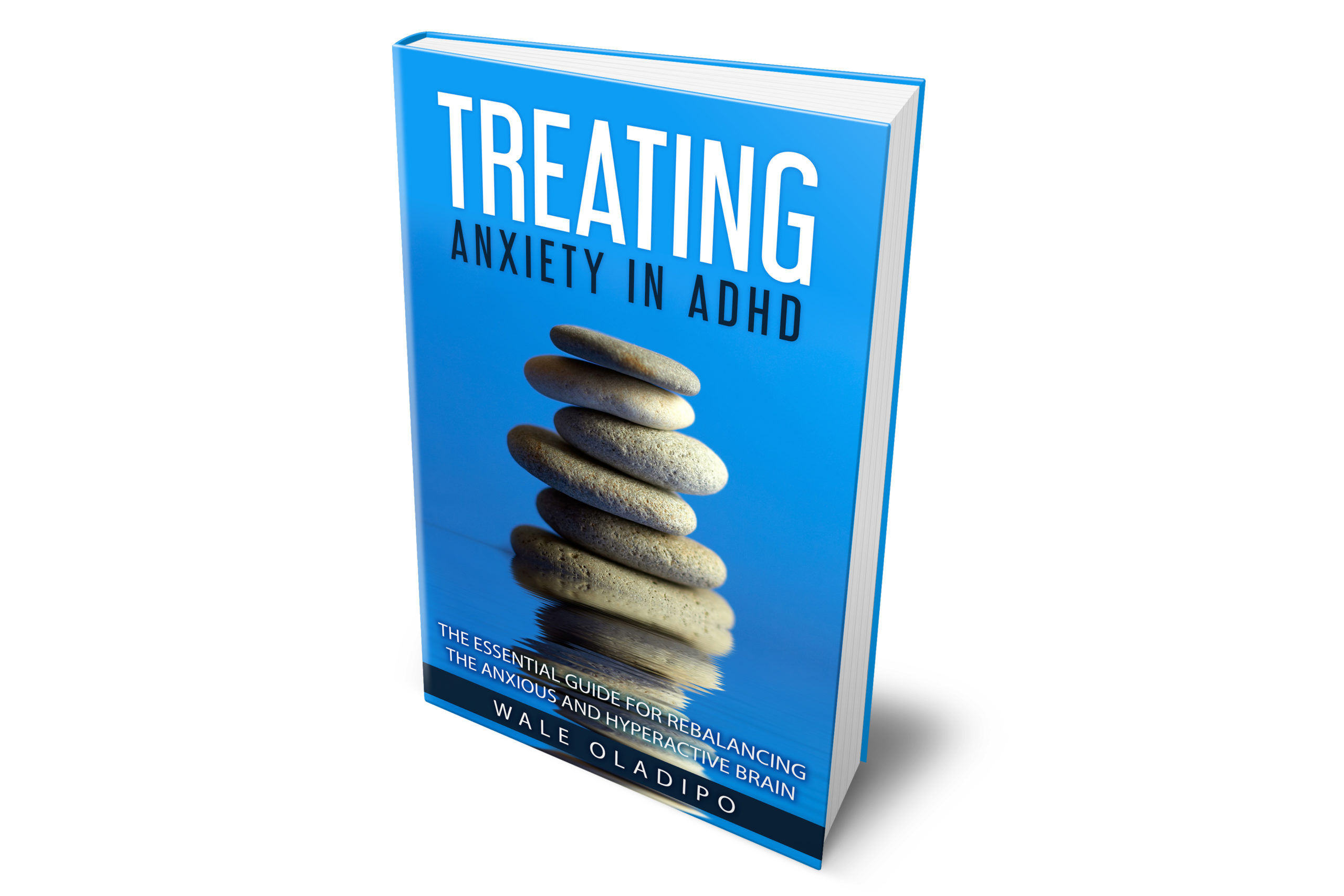
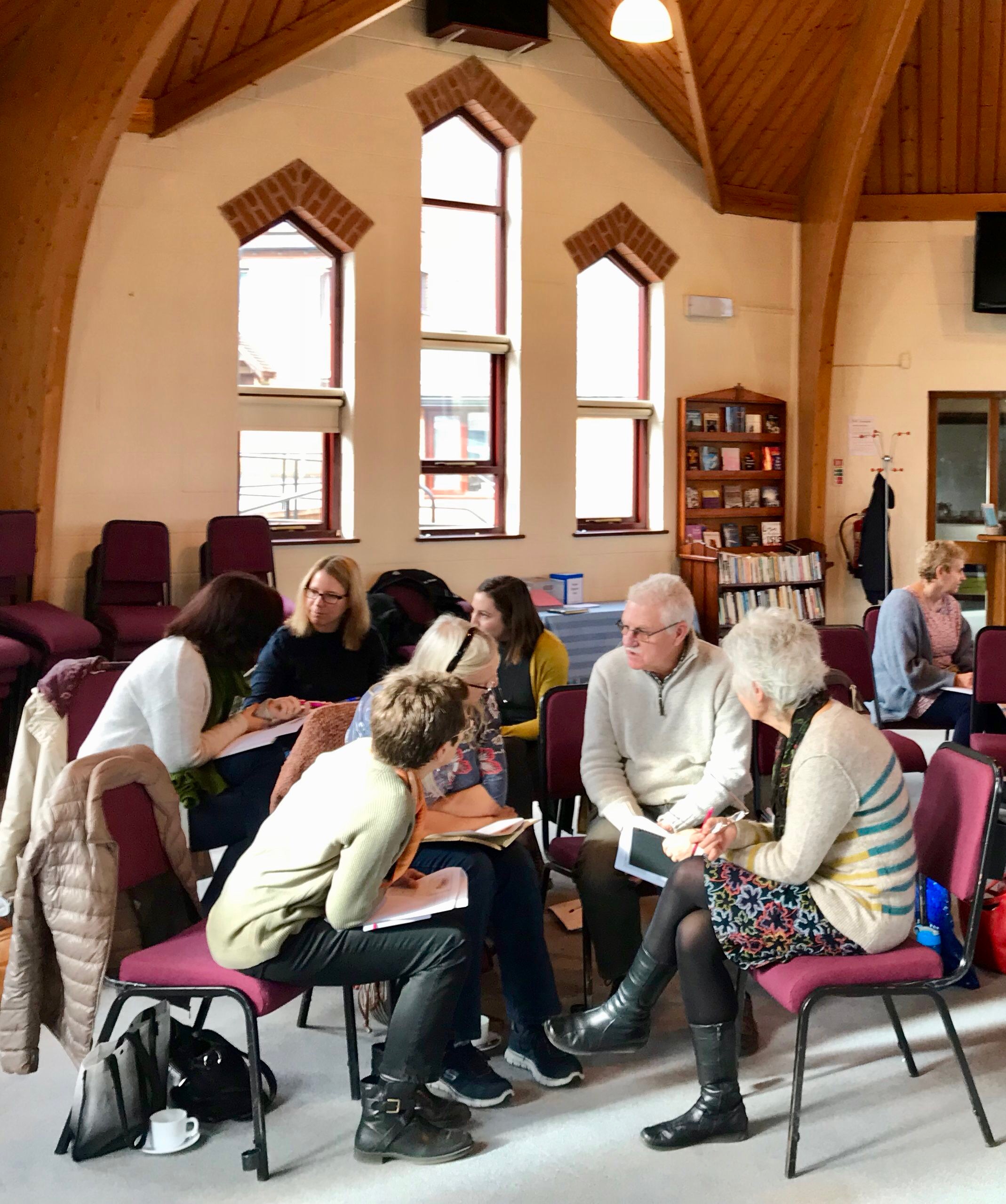
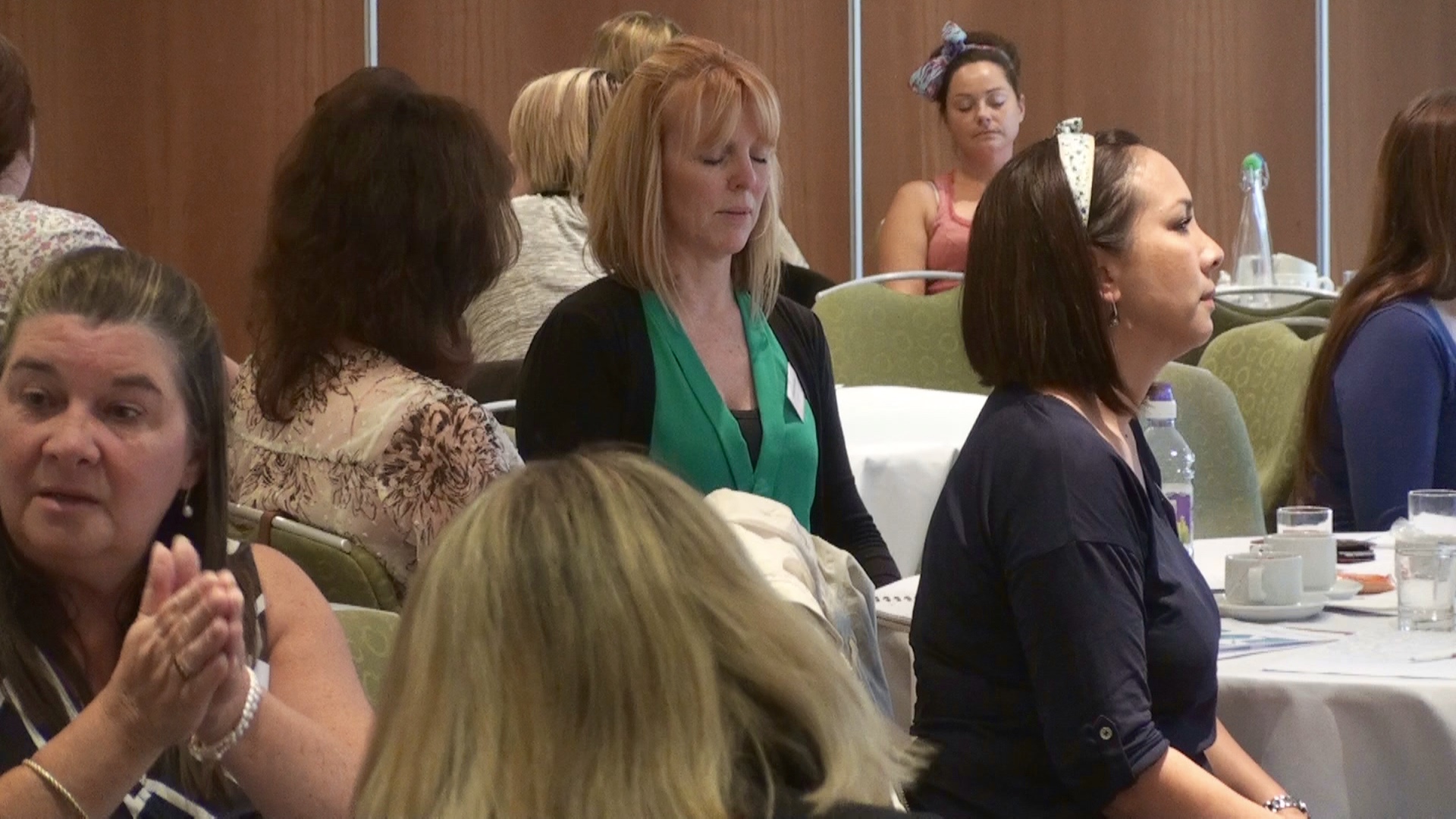
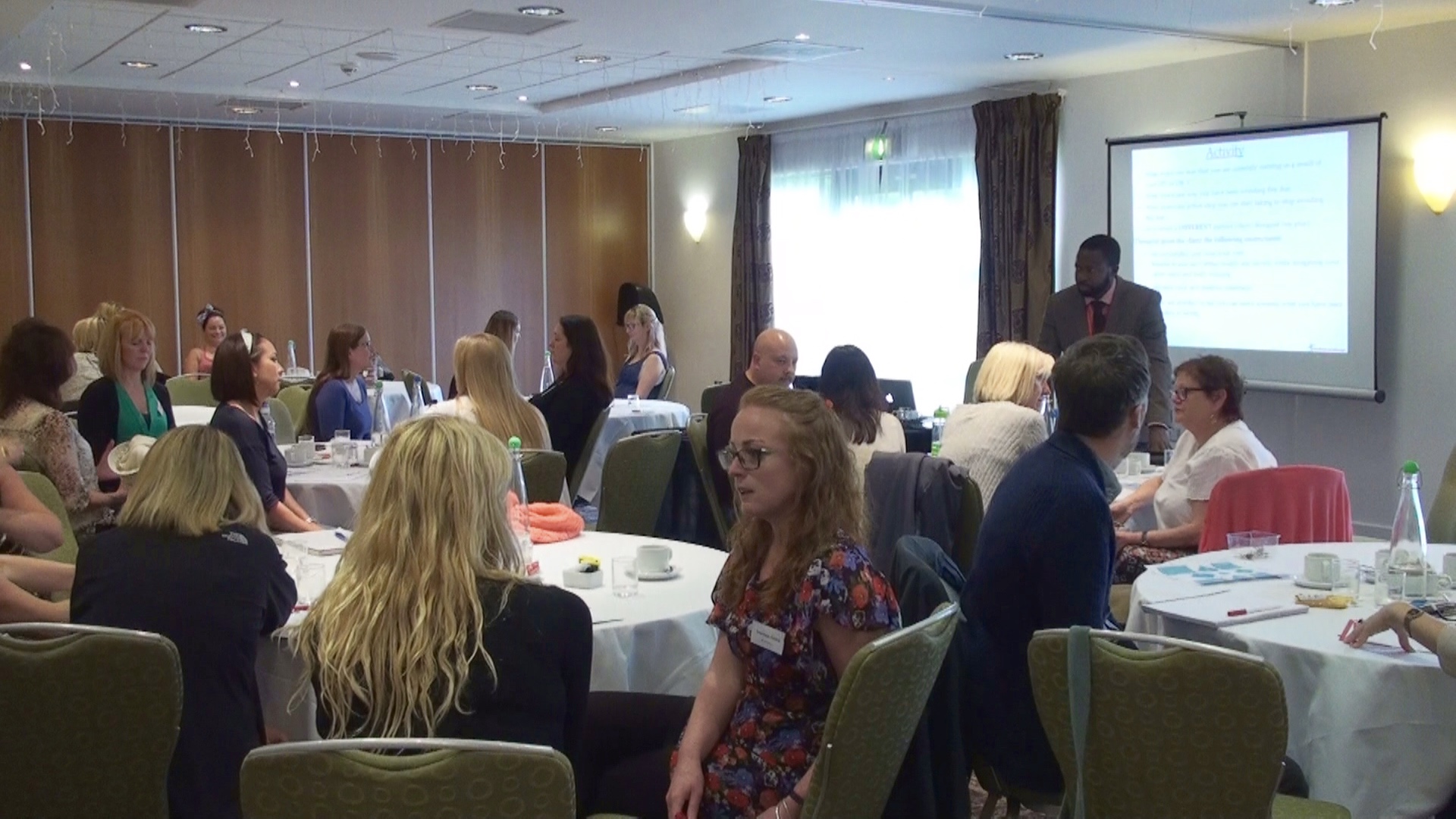













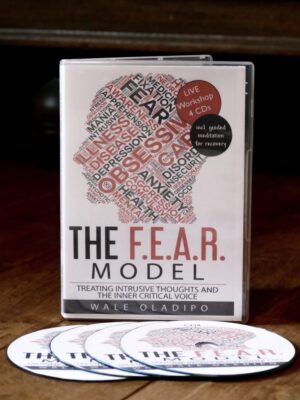



Reviews
There are no reviews yet.